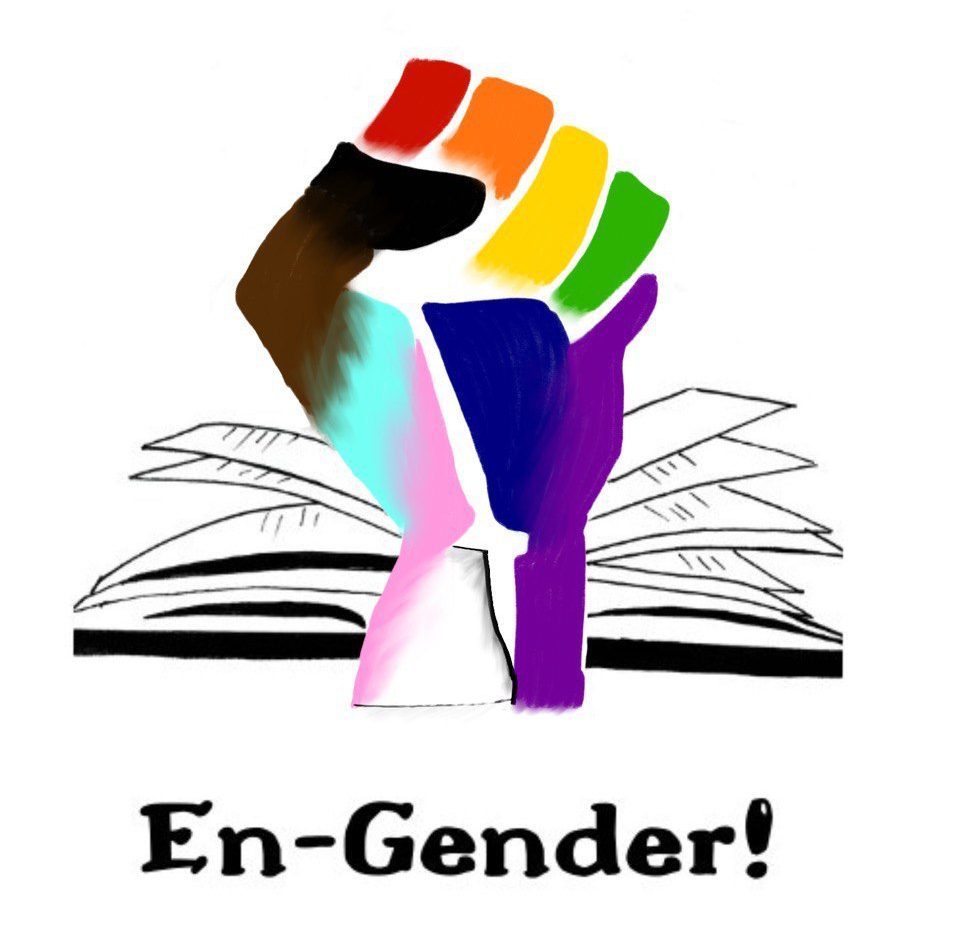By Catherine Phipps
The History of the Gendered Body is an interdisciplinary seminar series from the University of Oxford that invites speakers to discuss bodies, gender and sexuality throughout history and the present day. It was born out of one conversation, two and a half years ago. I’d been attending seminars hosted by the “Cultural Histories, Cultural Studies” group in Oxford and every week I felt my brain was exploding. I could feel new synapses forming as I sat in a room with the brightest people I’d ever met, discussing alien concepts. I’d arrived in Oxford a few months before and had no idea who this Foucault person was. But the discussions were electric…
A few weeks later, I went to a seminar hosted by Sarah Knott to discuss her new book (now wildly successful, but certainly not successful enough). Part history of mothering, part memoire, the audience were all historians of gender and the body. The discussion amongst them all was captivating. When I congratulated Sarah on her book and the conversation that it had prompted, she gave me some advice: “find your academic community. If you don’t have one, start one.”
Sarah encouraged me to start a reading group to get into gritty, challenging conversations with super bright people. I immediately texted my best friend Alice, another PhD student in history.
Four months later, 18th October 2019, we were running around University College, grabbing all the mugs we could carry from my flat round the corner and desperately stirring instant coffee. Alice was so nervous she’d fallen off her bike into a muddy puddle and I had woken up so hungover I could barely think. We’d planned 8 sessions, begged people to come and called in every favour to get speakers. We spent a fortune on biscuits and were certain that nobody would come.
Six people came to our first seminar, Alice’s research on menstruation in 20th-century Britain. Crammed into a freezing cold room in University College, we sat together speaking frankly about gender, bodies and menstruation. Everyone chimed in, even my friend in his late 50s, the only man in the room. We spoke about our own experiences, our own historical methodologies and societal approaches to gender.
The first seminar was terrifying, but we could tell we were onto a good thing.
Moving online in Autumn 2020 during covid, everything suddenly grew exponentially. We welcomed 50 to 100 people a week from all over the world, with speakers from India, Germany and the US. Alice could even move to New Zealand and stay in our academic community.
There were also advantages we’d never considered. We can give anonymity and privacy to our guests for workshops on sensitive topics, making sure that that they could feel safe in a way that may have been hard face-to-face. Mara Keire’s workshop “Researching Rape, Reliving Trauma: The Challenges of Emotionally Difficult History” was even stronger as guests felt they could sit with cameras off, listen, or leave the zoom call any time, without feeling forced to contribute. The virtual space meant there was no pressure on any of the guests to share their experiences, no expectant looks across the table. It is also far easier to click mute than to collect your bag and walk out of the room if any of the discussion is too difficult to hear. The anonymity of turning off your camera and using a pseudonym (a “nom de zoom”) also contributed to a feeling of safety for survivors of sexual assault.
Each week I’m grateful to every speaker who puts up with mine and Alice’s blather and to every single guest who turns up, particularly the regulars who we’ve been lucky enough to see each week. The seminar has grown so much over the past two years, but I’m proud that we’ve still been able to balance enough intense academic discussions with an informal, open atmosphere. I’ve been so thankful for my academic community each week and I’m proud to call them my friends and colleagues.
Over the past two years, we’ve been able to cover an enormous variety of research. We’ve spanned anthropology, sociology, literature, history and even biomedical science. We’ve discussed New Zealand, Sri Lanka, Algeria, Russia and Scotland.
But I’m proud that The History of the Gendered Body is still what it’s always been: me, my friends, and far too many biscuits.
The History of the Gendered Body hosts seminars every Friday during term, you can join their mailing list here: https://historyofthegenderedbodyox.com/contact/
If you’d be interested in speaking, email us at histgenderedbody@gmail.com
Catherine Phipps is a PhD student in history at the University of Oxford. Her work examines the intimate aspects of the French Empire in North Africa, through sex work, queer identities, and interracial relationships. You can follow her on twitter here @katyaphipps



